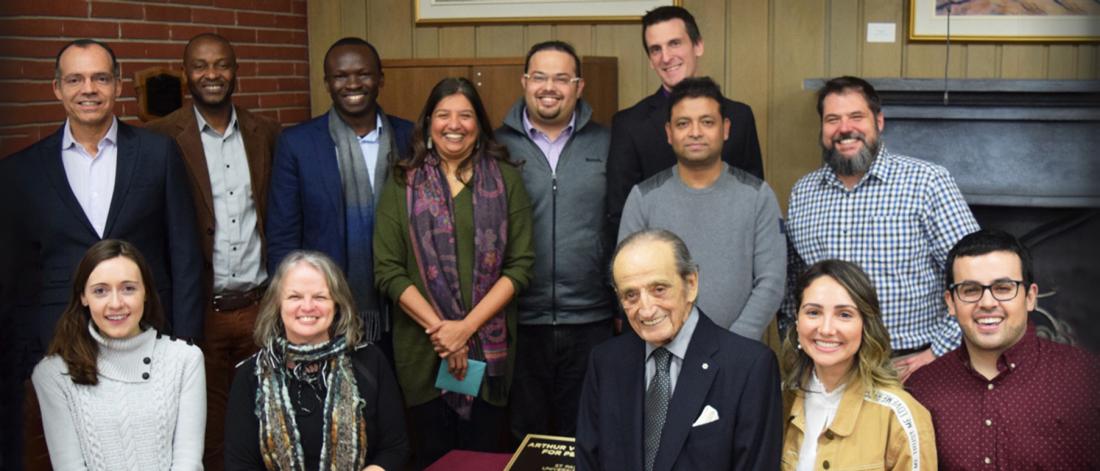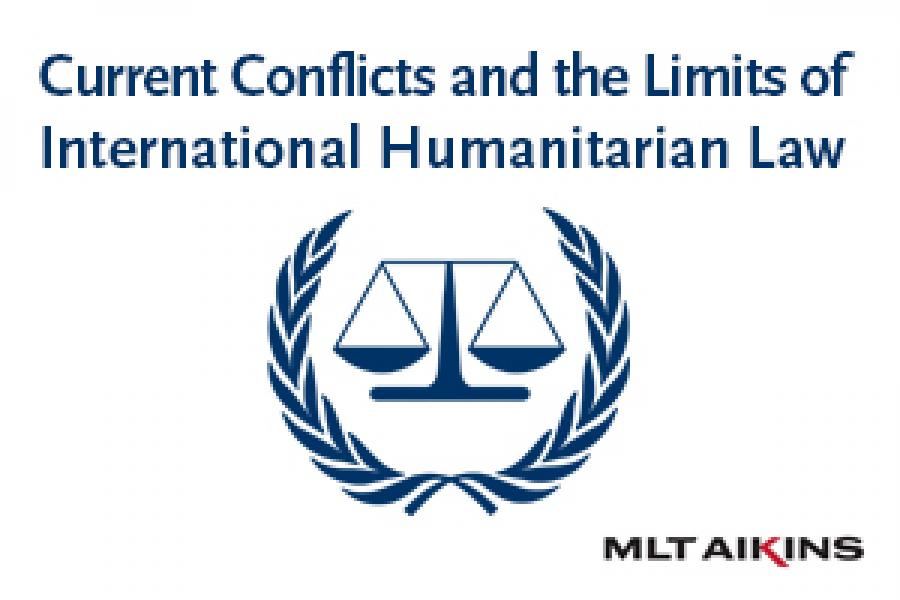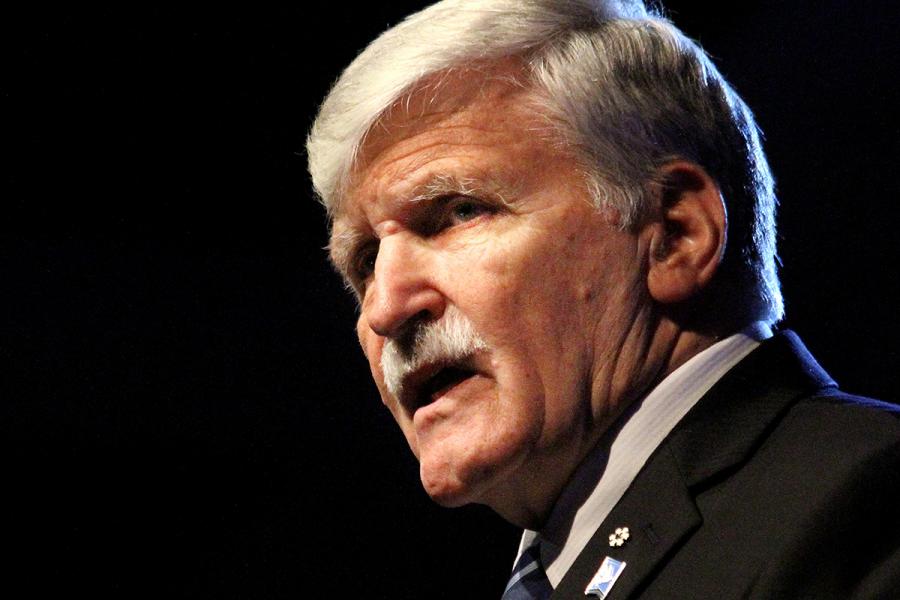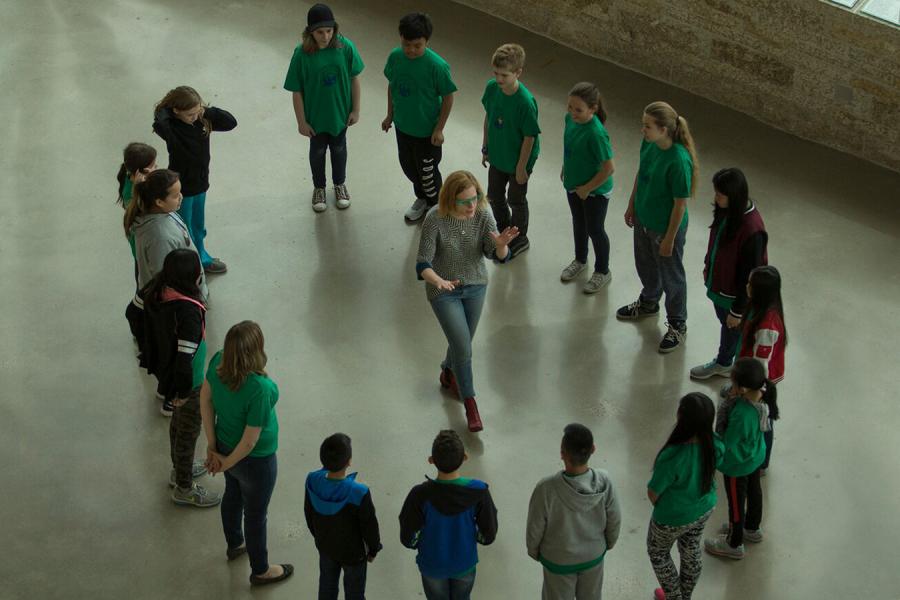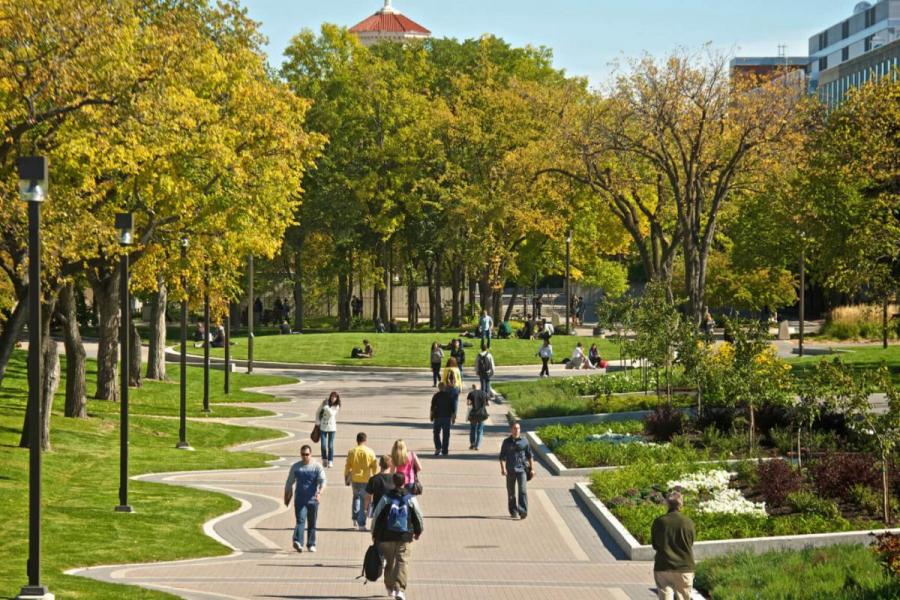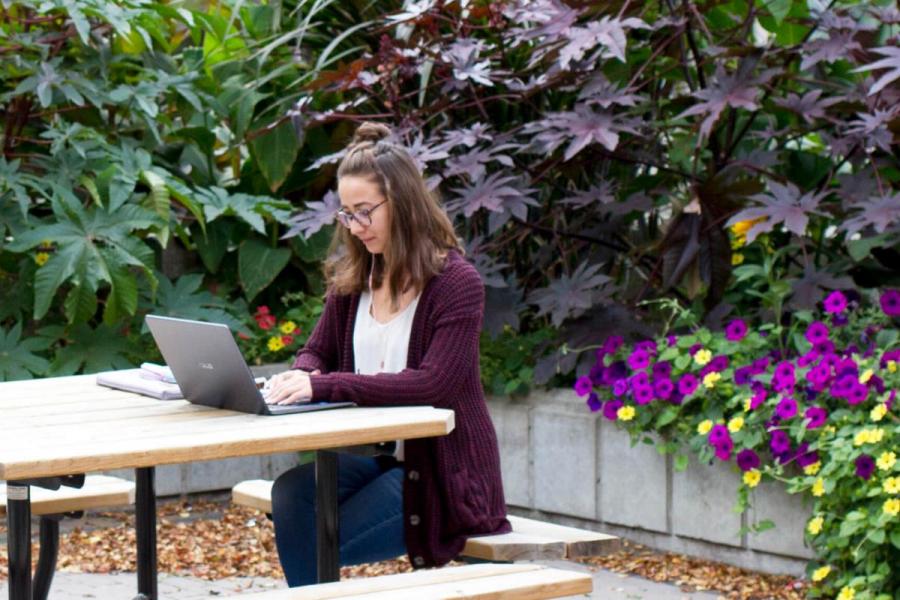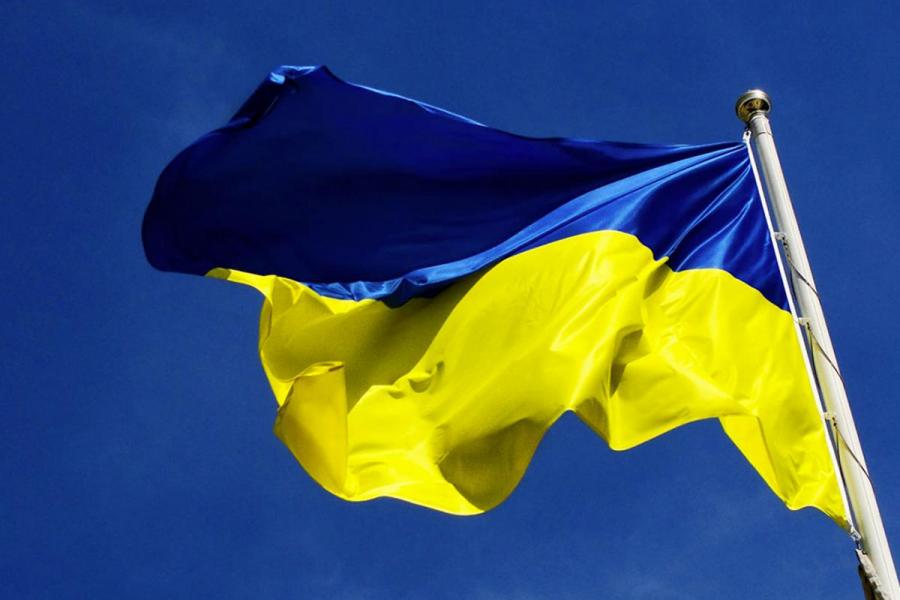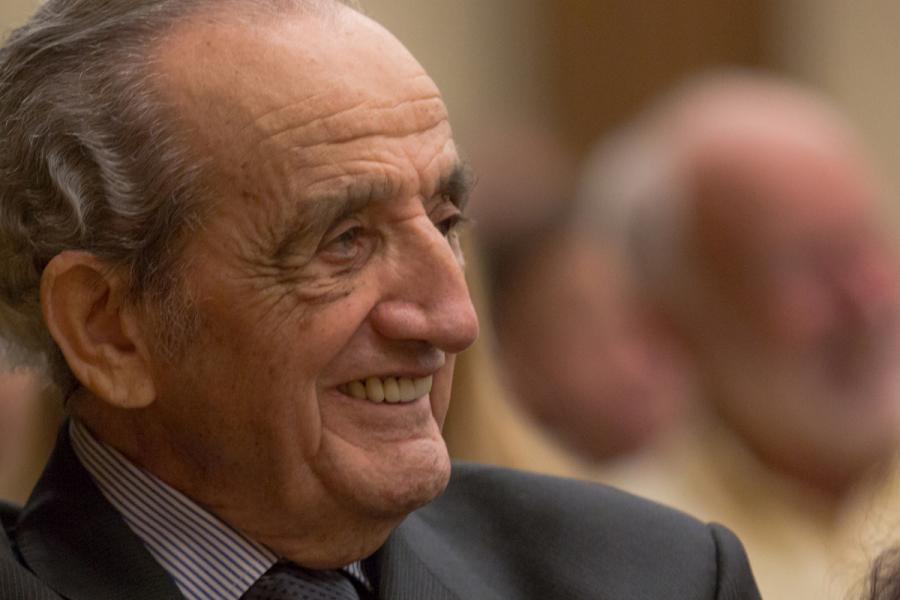Dr. Mauro is a former CEO of Investors Group. He served as chancellor of the University of Manitoba from 1991 through 2000. He was appointed to the Order of Canada first in 1987 as a Member, and then promoted in the Order to Officer in 1992. He was appointed to the Order of Manitoba in 2004.
"I have literally been involved with the Jesuits in one form or another since grade school, and I might add that I have been the beneficiary of that experience. Those members of the Order whom I have met were outstanding individuals. Their commitment to the field of education reflected that ideal—to do the very best with the gifts that God has given; all in the service of mankind. They were not only providing an 'education,' but also training us to become active participants in society and contribute to its enhancement. Their involvement with students had the purposes of encouraging us to strive for excellence. They were invariably top scholars and good teachers. [...] They gave fully of their time and talent, and you in turn were to show your gratitude by making a contribution to society" (Friesen and Lebrun, 1999, p. 21).
In keeping with these values, throughout his life, Dr. Mauro has contributed to his community in myriad ways.
Dr. Mauro was also shaped by his experiences at the University of Manitoba. He has been an active supporter of the University since he began there as a student. In the mid-twentieth century, Dr. Mauro experienced the reality of prejudice in Winnipeg, but he concluded that the University of Manitoba was a place where people of different backgrounds worked together:
"It was on my arrival in Winnipeg in September of 1946 that I confronted the reality of prejudice. There was still a quota on the number of Jewish students admitted to medical school. There was a 'gentlemen's agreement' as to the sale of property in Tuxedo and admission to certain clubs. There was extreme difficulty for Catholics to obtain specific jobs in the public sector, and when I entered the race for president of the University Student Council I was advised that a Catholic could never be elected.
"But these factors of race and religion at the University became irrevelant. We had an interfaith council. There were active drama, glee club, and music programs, and a very active debating program—all of which took no notice of race or creed. This applied to student government and other activities. It was the ability, character, and integrity of the individual that was valued, not their ethnic, religious, or economic background" (Mauro, 2003).
After graduating from the University of Manitoba, Dr. Mauro and others reached across the religious divide to promote mutual understanding, collaboration, and friendships between Winnipeg's Catholic and Jewish communities. The long-term success of this relationship- and community-building convinced Dr. Mauro that Winnipeg could be the base for a larger, international process of inter-religious dialogue among Jews, Christians of all denominations, and Muslims.
"In the intervening 50 years since my generation graduated, the social and economic and cultural landscape of Winnipeg and Manitoba has changed dramatically. It is my earnest belief that we here in Winnipeg have brought about changes in human relations and that change was a direct result of our University experience and the opportunity for individuals from different backgrounds to work together and learn, not only to tolerate, but rather to respect diversity" (Mauro 2003).
Despite continuing advances in technologies of production and communication, the past three decades have seen globally a dramatic rise in disease, ecological threats, the endangerment of children, and genocide in Rwanda. Increasingly, regional and global conflicts and threats ignore state boundaries. Addressing these shared problems requires international cooperation and collaboration. It is not a lack of technology or know-how that prevents solving critical problems, so much as conflicts and wars that create hunger, injury and death, and prevent the mobilization of resources for resolving problems. Dr. Mauro finds it is particularly tragic that many atrocities have been enacted in the name of God. He hopes that the Centre will be "a sign that we are not indifferent to these evils":
"It is my dream that the Centre for Peace and Justice be a model that others will follow. That the teachings of respect for diversity and of rational discourse and human interaction that exists at the Unversity would be sustained. That the intellectual tradition of the Jesuits to infuse knowledge with the pursuit of social justice would prevail at St. Paul's College. And that in years to come we can with pride claim some small contribution to creating a better world."
"It is my dream, in the words of Pierre Teilhard de Chardin, sj, 'that the day will come when we shall harness for God the energies of love. And on that day, for the second time in the history of the world, man will have discovered fire.' May the Centre for Peace and Justice at St. Paul's College and the University of Manitoba help kindle that fire" (Mauro 2003).

